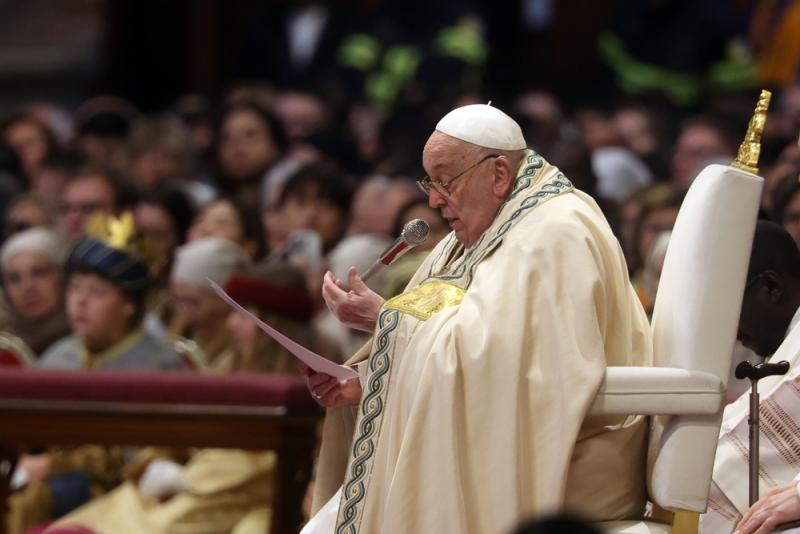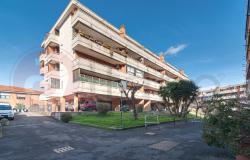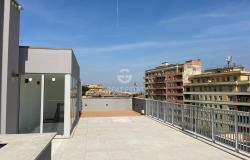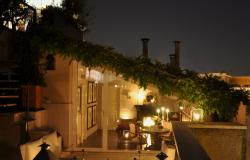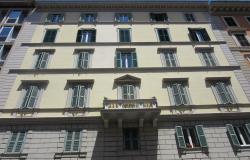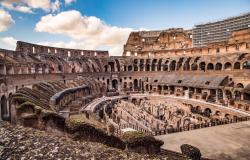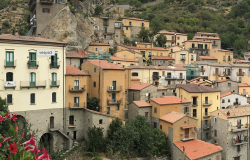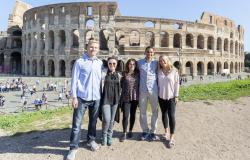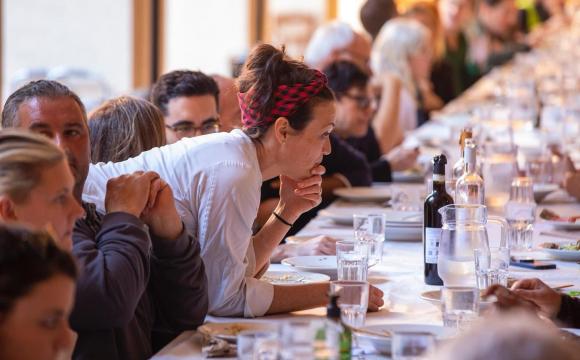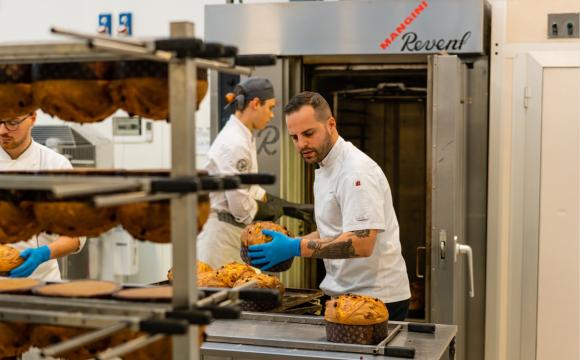It’s turning out to be quite a Jubilee year for Pope Francis in more ways than one: Earlier this week, the pontiff was awarded the Presidential Medal of Freedom with distinction, the highest civilian honor in the United States alongside the Congressional Gold Medal. The announcement came just a few short weeks after Pope Francis swung open the Holy Doors of Rome’s major basilicas to inaugurate a key pilgrimage year for Catholics around the world.
President Joe Biden reportedly originally planned to present the award to Francis during an in-person audience, but the trip was canceled at the last minute due to the wildfires in southern California. Instead, the pontiff and President Biden spoke over the telephone on January 11.
A statement released by the White House read, “As Pope Francis, his mission of serving the poor has never ceased. A loving pastor, he joyfully answers children’s questions about God. A challenging teacher, he commands us to fight for peace and protect the planet. A welcoming leader, he reaches out to different faiths. The first pope from the Southern Hemisphere, Pope Francis is unlike any who came before. Above all, he is the People’s Pope — a light of faith, hope, and love that shines brightly across the world.”
This is the third time in history that a leader of the Roman Catholic Church has received the star-spangled accolade. Lyndon B. Johnson posthumously awarded the medal to Pope John XXIII in 1963, and George W. Bush to John Paul II in 2004.
The “people’s pope” (and the president’s)
From the early days of his papacy, Francis gained enormous influence by being willing to break with tradition to keep up with modern times. He quickly developed a reputation for humility, in line with his namesake saint, often referring to himself as the “Bishop of Rome” rather than the “supreme pontiff” or other more grandiose titles.
The Presidential Medal of Freedom is awarded to individuals who have made “especially meritorious contributions” to the security or national interests of the United States, world peace, or to cultural or other significant public or private endeavors. Here’s a recap of how Francis has set himself apart over his tenure as pope in ways that likely contributed to his selection.
1: His down-to earth demeanor
Pope Francis’ hands-on approach has attracted scores of new and younger followers to the fold.
He continues the annual holiday tradition of baptizing babies of Vatican employees in the Sistine Chapel. He’s known to spontaneously break into Mass in public places for the Holy See’s janitors, administrative workers and security guards. He pays his own hotel bills, refuses the lavish trappings of his position, refuses to bunk at the apostolic palace, and shows up at the Vatican cafeteria from time to time to dine with his staff. He’s rarely seen in overly precious papal garments, preferring to dress in simple robes and wear old shoes.
2: His recognition of women’s struggles
Over his papacy, Francis has addressed the ongoing struggle for safety, equality and justice faced by women worldwide.
Francis has made waves over the years for taking the humility-centered ritual of foot-washing outside Vatican City’s walls and performing it on refugees and imprisoned people, including many women and Muslims. On Holy Thursday in 2024, he washed the feet of 12 female inmates at the Rebibbia prison on the outskirts of Rome, in what CNN reported as the first-ever example of a pope carrying out the ceremony on women only. He has pushed governments around the world to eliminate laws discriminating against women and to help guarantee women’s human rights.
“Let us not deprive women of their voice. Let us not rob all these abused women of their voice. They are exploited, marginalized. In theory, we all agree that men and women have the same dignity as persons. But this does not play out in practice,” the Pope said in an April 2024 statement.
Though Pope Francis has upheld the church’s ban on ordaining women as priests, he has increased their access to decision-making roles, appointing two women to Vatican leadership positions previously only held by men. He also granted women the right to vote in bishops’ meetings for the first time.
3: His steps toward inclusion for the LGBTQ+ community
Despite Francis’ occasional missteps with the LGBTQ+ community over the years (including reportedly using a homophobic slur in a private meeting), he has made unprecedented strides in the church on LGBTQ+ issues.
In 2013, Pope Francis was named “Person of the Year” by American LGBTQ+ magazine The Advocate. He has clarified that he endorses legal protections (and approves the blessings) for same-sex couples, and declared that homosexuality is not a crime. He’s the first pope to use the word gay rather than homosexual, and once reportedly told Juan Carlos Cruz, a gay man and a survivor of clerical sexual abuse, “God made you like this and he loves you.” Most recently, Pope Francis signed a doctrine that allows transgender people the right to be baptized and serve as godparents.
